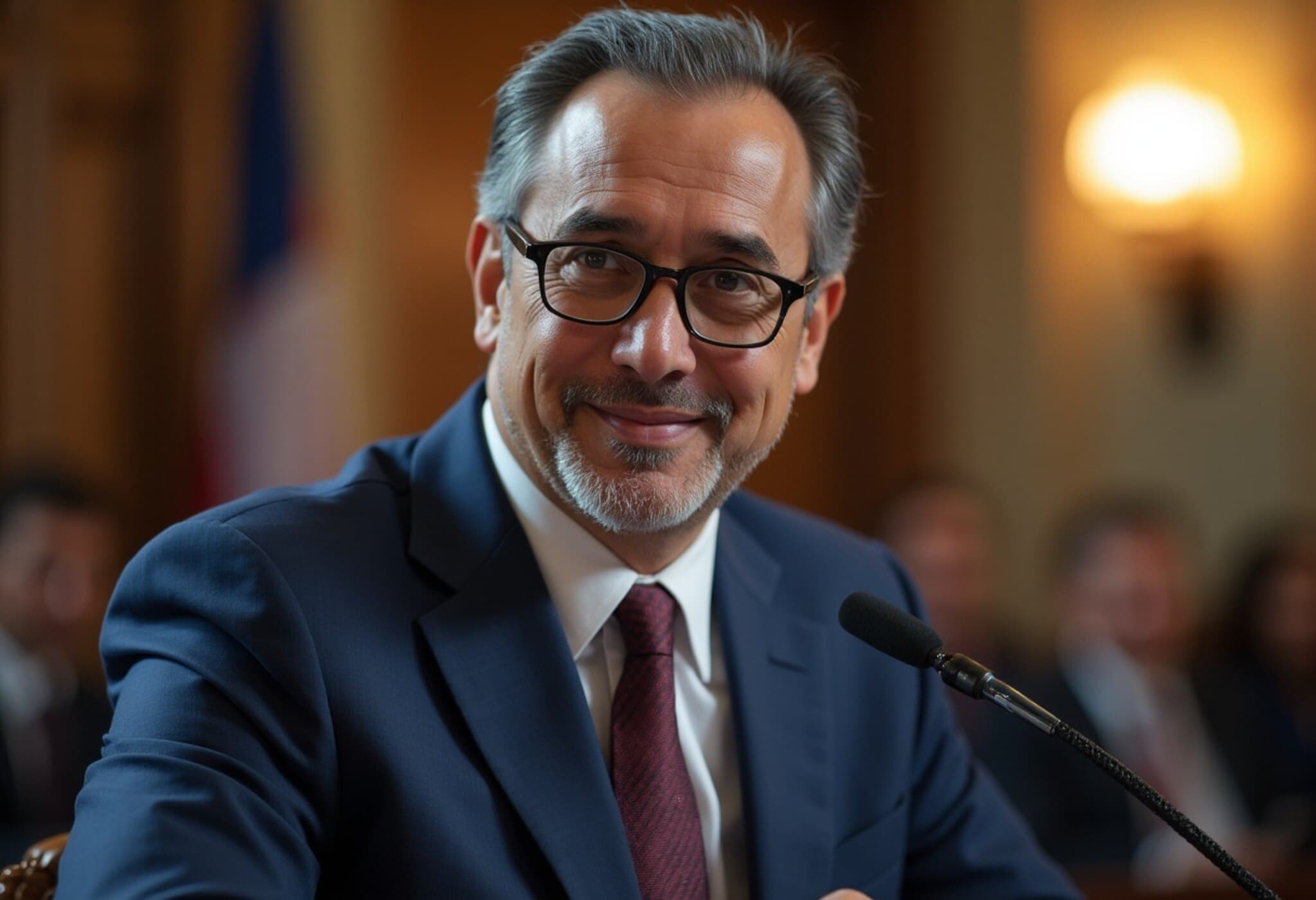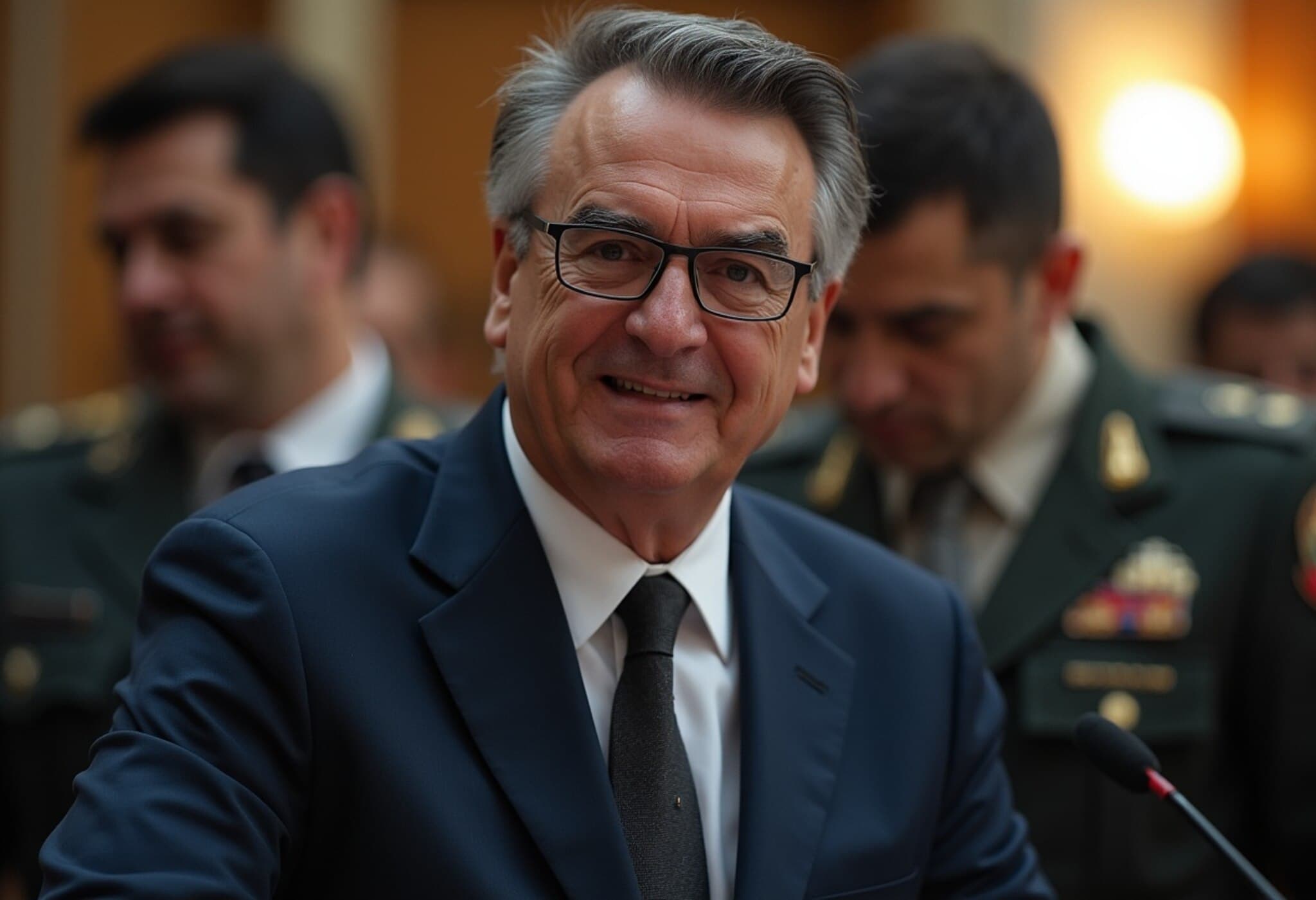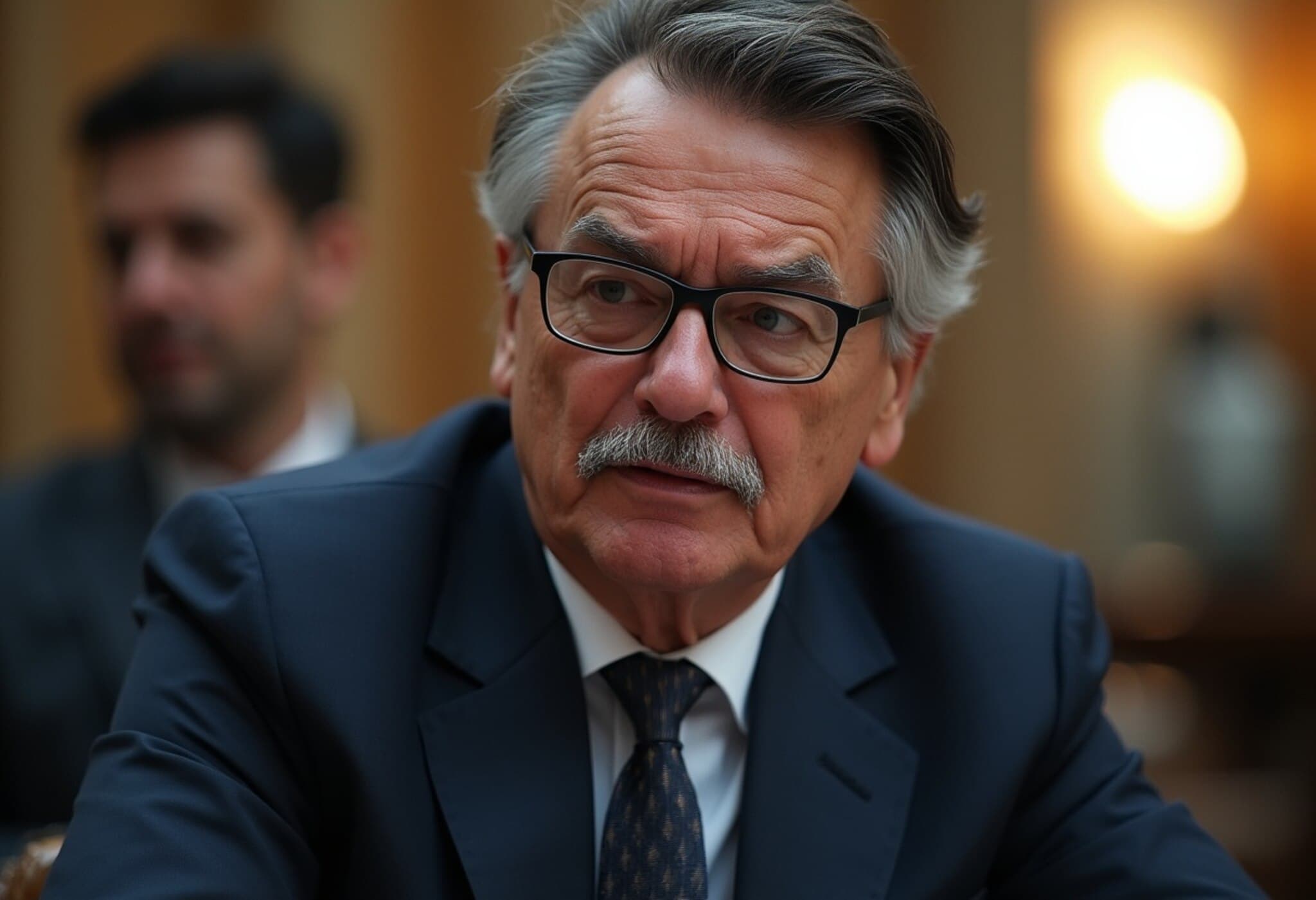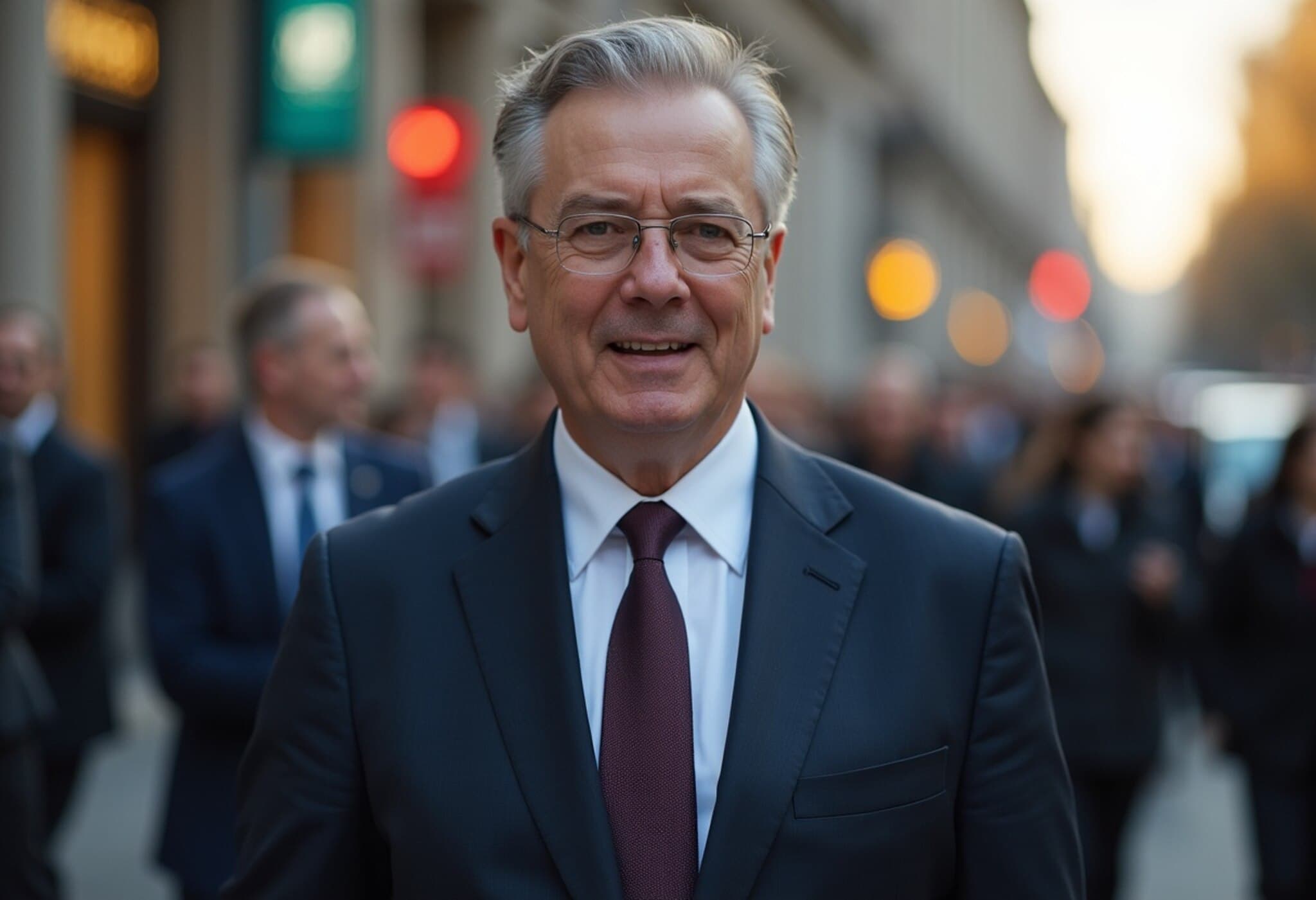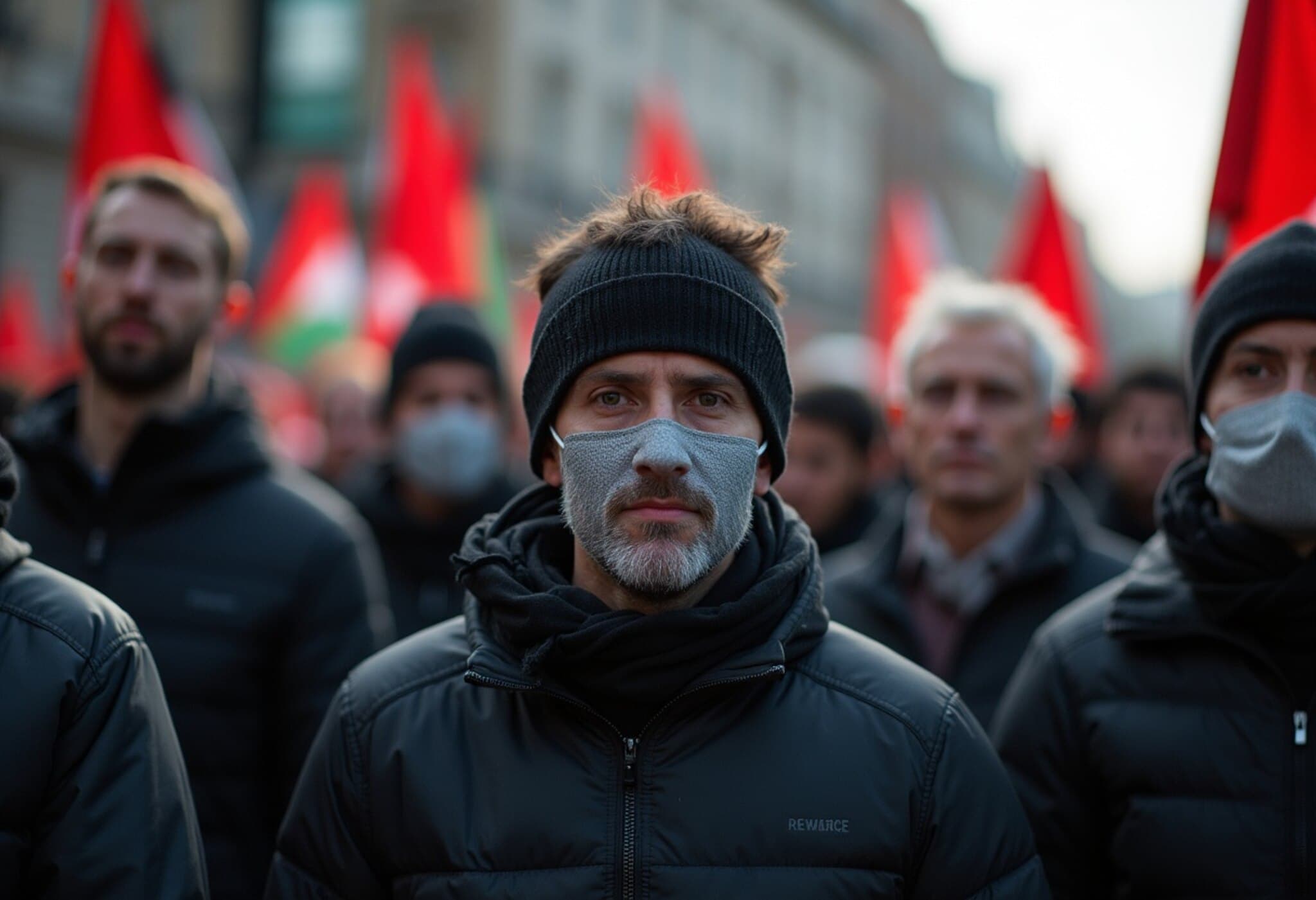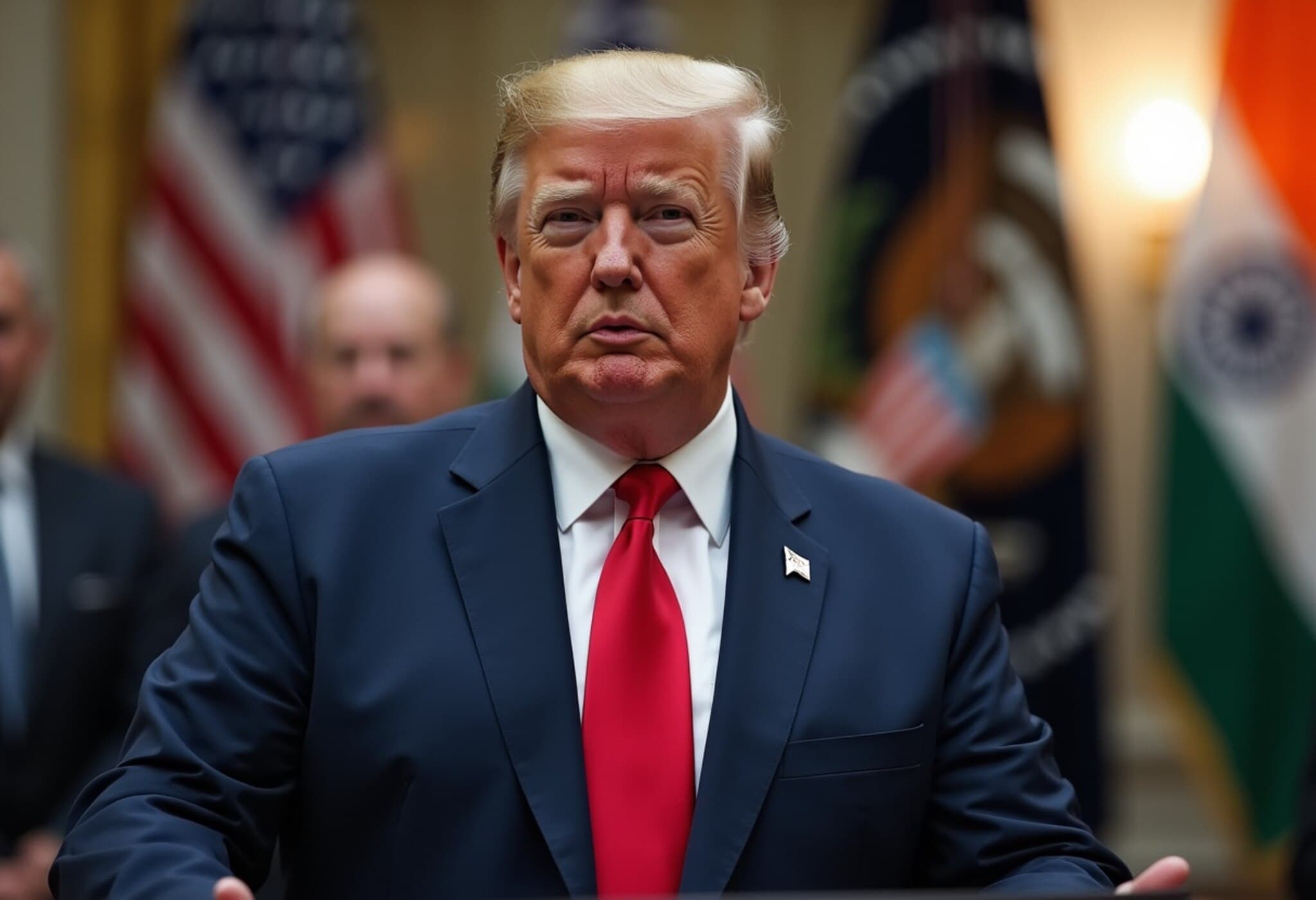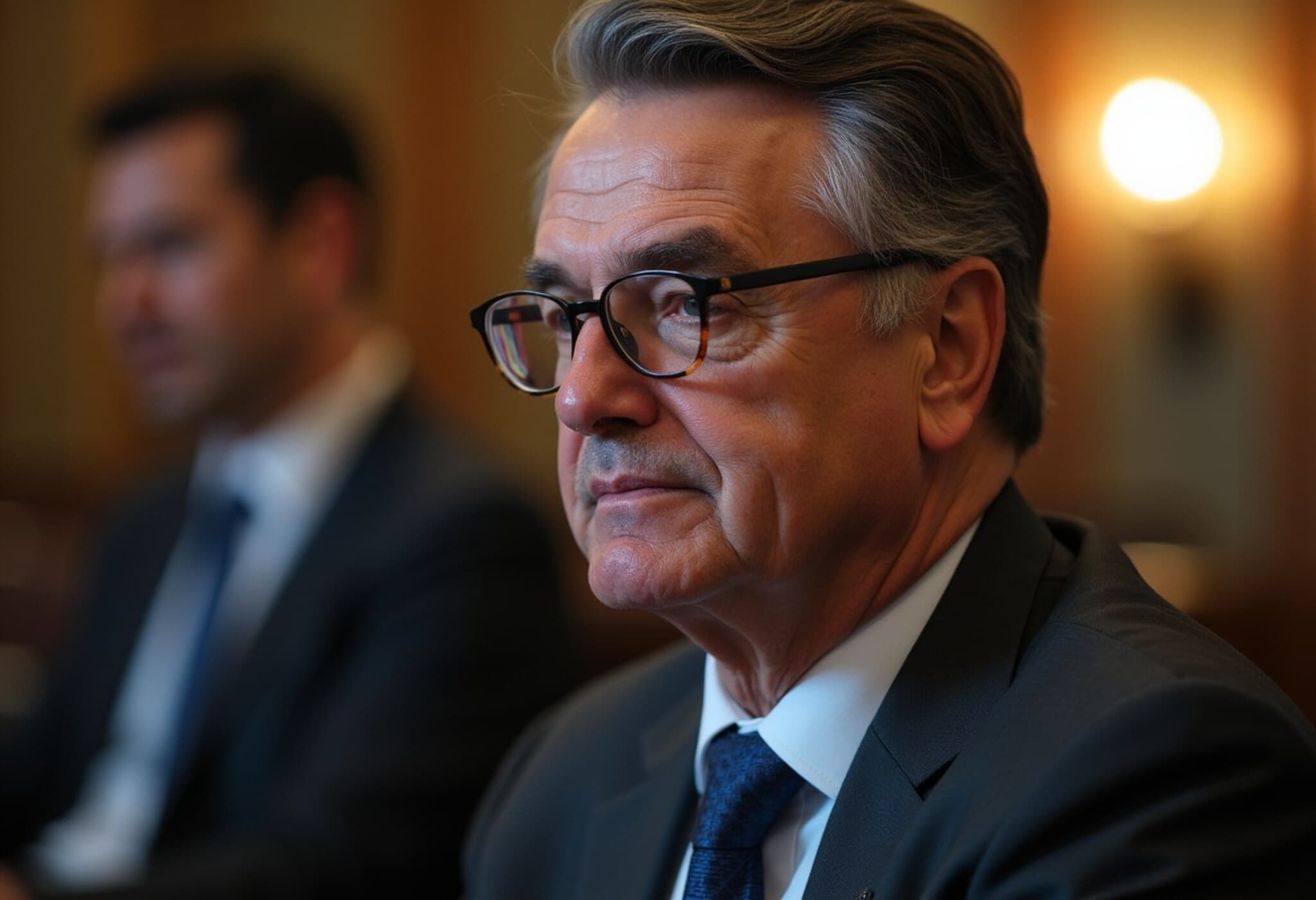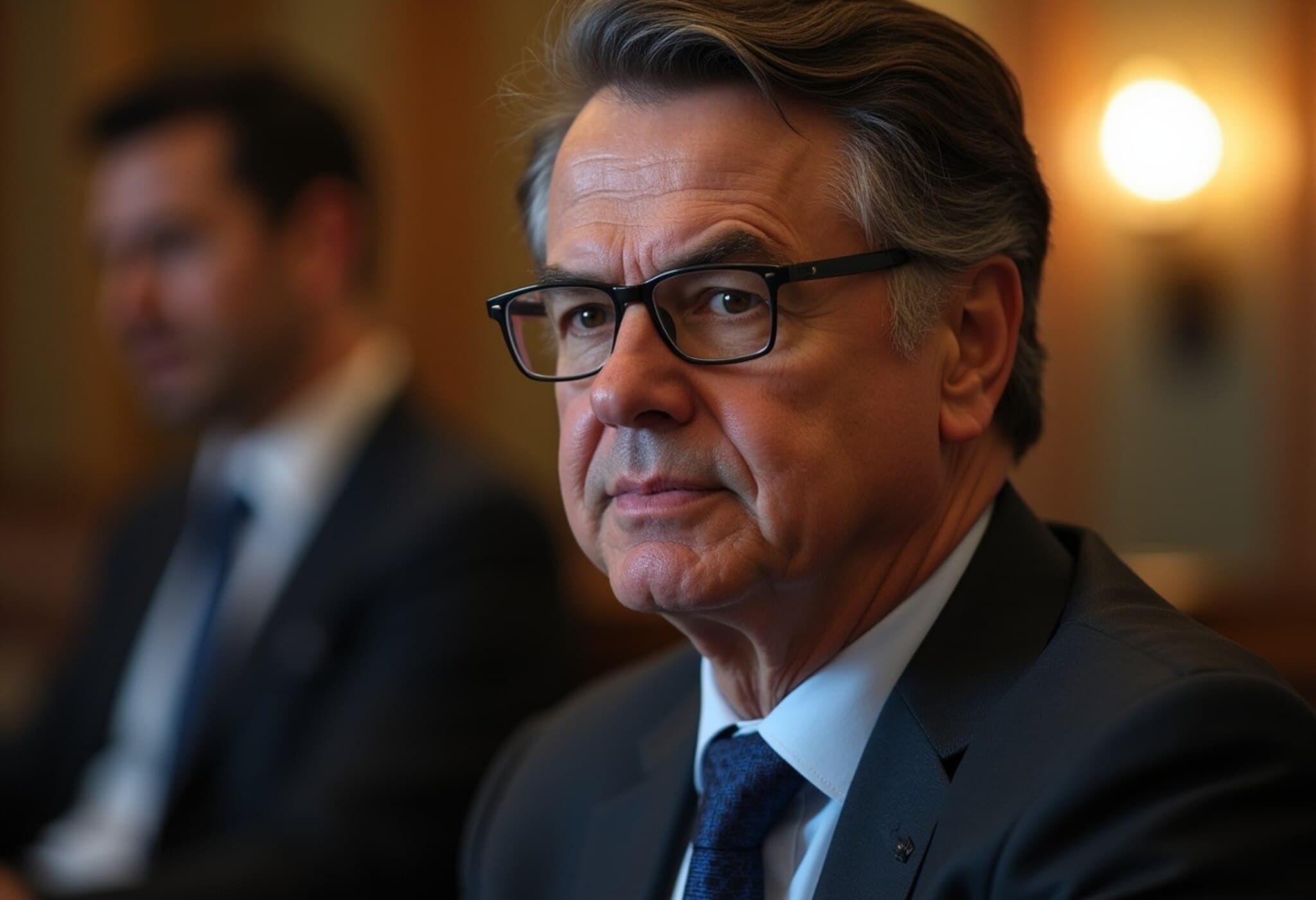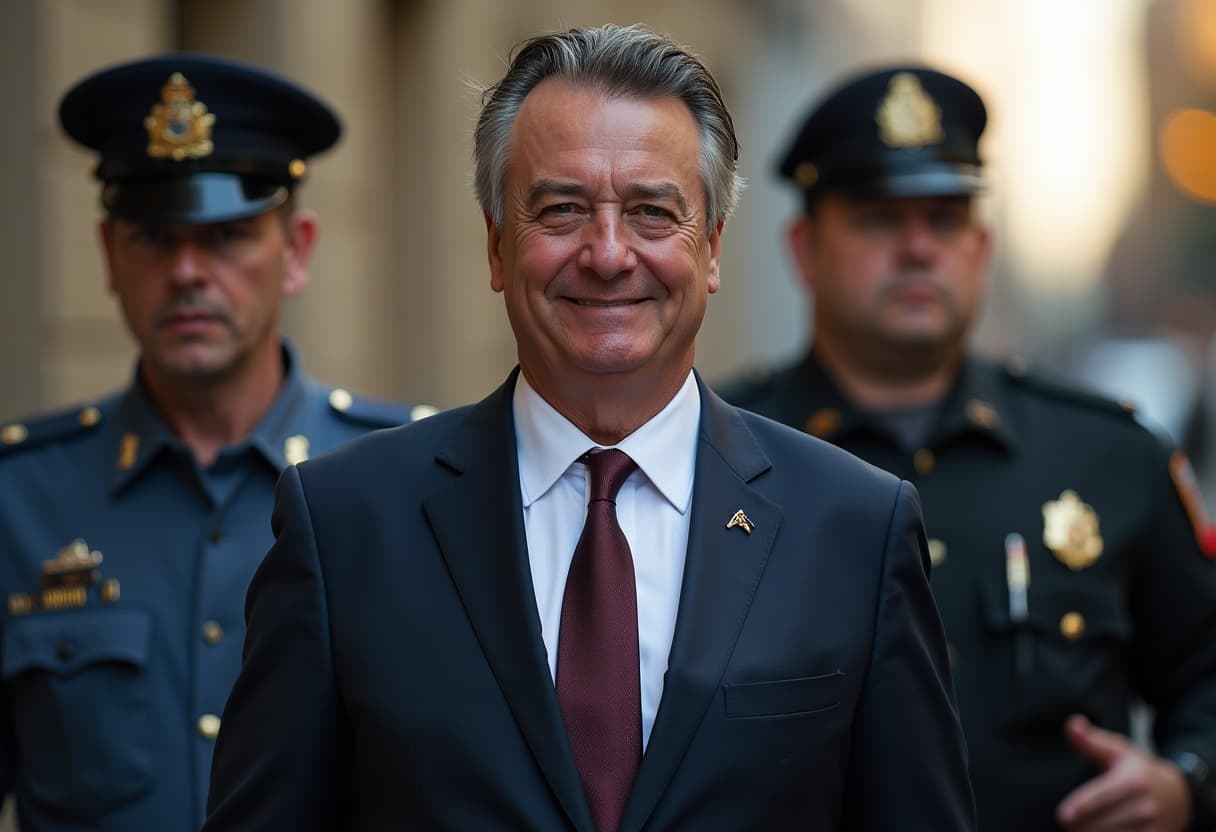El Salvador President Nayib Bukele Upholds Controversial Constitutional Reform
In a move that has sent ripples across Latin America and garnered sharp criticism worldwide, El Salvador’s President Nayib Bukele has staunchly defended a constitutional overhaul allowing him to pursue unlimited re-election. The reform, endorsed by Bukele’s New Ideas party-controlled Congress, also extends the presidential term from five to six years, reshaping the fabric of Salvadoran democracy.
Bukele Addresses Authoritarianism Allegations
Speaking directly to critics on social media platform X, Bukele challenged the narrative that this reform heralds the demise of democracy in El Salvador. “Ninety percent of developed countries allow indefinite re-election of their head of government, and no one bats an eye,” he argued. “But when a small, poor country like El Salvador adopts the same approach, suddenly it’s the end of democracy.” This defense appeals to a global double standard, suggesting scrutiny is harsher on smaller or less affluent nations.
Political Context: Consolidation of Power or Democratic Evolution?
Bukele, 44, who has led the country since 2019 and won a sweeping 85% re-election in 2024, now exercises near-total control over El Salvador’s political landscape. His administration’s grip on key institutions and the legislature has drawn alarm from opposition forces and human rights advocates, who warn the country risks sliding into autocracy.
- Consolidated power: Bukele’s New Ideas party overwhelmingly holds the unicameral Congress.
- Extension of terms: Presidential terms lengthened from five to six years, increasing potential tenure.
- Expansion of executive reach: The move eliminates previously enshrined presidential term limits.
Human Rights and Political Repression Under Scrutiny
Alongside constitutional changes, El Salvador has witnessed a surge in arrests, particularly targeting government critics, journalists, and human rights defenders. This wave of repression has forced many activists and reporters to flee, casting a shadow over the nation’s democratic credentials. Critics point to Bukele’s hardline crackdown on gangs as a double-edged sword—granting him popular support domestically while inviting scrutiny over civil liberties and due process violations abroad.
Moreover, Bukele’s controversial cooperation with former US President Donald Trump’s deportation strategies, especially accepting hundreds of Venezuelan migrants under questionable detentions at the CECOT facility, has further complicated El Salvador’s international image.
Opposition Voices and Broader Regional Implications
Opposition lawmaker Marcela Villatoro condemned the reforms as signaling the death of democracy in El Salvador. Her lone dissenting voice in the Congress underscores how dominant Bukele’s party has become. Critics argue that the constitutional changes align El Salvador with regional neighbors like Nicaragua and Venezuela—countries frequently accused of authoritarian governance without presidential limits.
Bukele’s Parliamentary System Argument Raises New Questions
Bukele attempts to reframe the debate by comparing El Salvador's revised system to parliamentary democracies where prime ministers can serve indefinitely, citing countries such as the United Kingdom, Spain, and Denmark. He dismisses critics as biased, suggesting they would oppose the reforms regardless of the structure.
This claim opens an important discussion on the nuances between presidential and parliamentary democracies, underscoring that institutional checks and balances vary significantly and that simply allowing unlimited terms does not guarantee the same democratic health across systems.
Expert Insight: What Does This Mean for Democracy in Latin America?
From an American and international perspective, Bukele’s reforms challenge long-standing democratic principles, especially the separation of powers and term limits designed to prevent entrenchment and abuse. While some leaders worldwide have embraced extended terms citing stability and development, the risk remains that such moves centralize power, erode accountability, and suppress dissent.
For the United States and other democratic allies, this development poses complex diplomatic questions: How to balance support for an anti-crime crackdown that improves citizen safety with concerns about democratic backsliding? The situation calls for nuanced policy approaches that promote human rights and political pluralism alongside security cooperation.
Looking Ahead
As Bukele consolidates his position, the world watches closely. Will El Salvador’s story become one of successful democratic evolution tailored to its unique challenges, or a cautionary tale of eroding governance and authoritarianism cloaked as reform?
Key Takeaways:
- Unlimited re-election and longer presidential terms mark a new chapter for El Salvador’s governance.
- The reforms juxtapose claims of democratic progress against fears of authoritarian consolidation.
- Regional parallels with Nicaragua and Venezuela raise alarms about democratic erosion in Latin America.
- The comparison to parliamentary systems invites deeper debate on democratic norms and institutional design.
Editor’s Note
El Salvador’s constitutional reforms under President Nayib Bukele bring to the fore pressing questions about the true nature of democracy and governance in the 21st century. While the appeal of political stability and continuity is understandable, history reminds us that unchecked power risks undermining the freedoms democratic societies cherish. As the country navigates this turning point, international observers and citizens alike should watch for the delicate balance between effective leadership and authoritarian drift.
How will this reform reshape El Salvador’s political future, and what lessons does it hold for other nations grappling with governance and security challenges? These are questions that deserve urgent reflection and rigorous scrutiny.

